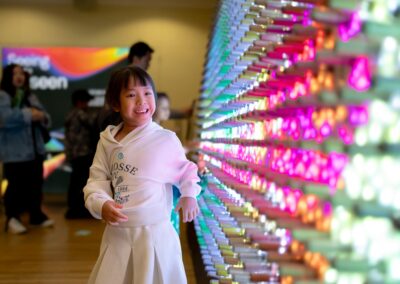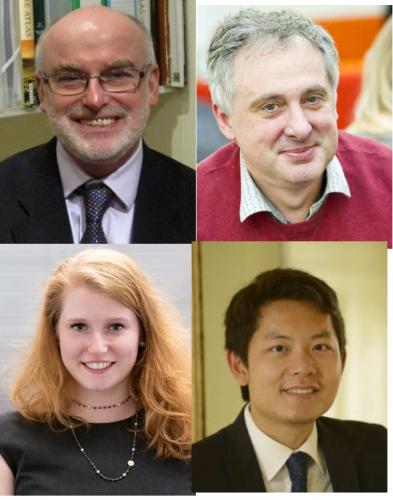Nicola Gasparini is a senior lecturer in Electronic Materials (Associate Professor) in the Chemistry Department. His interest lies in the fundamental and application-oriented research in lab-scale and large-area printed electronics, in particular organic and perovskite photovoltaics and photodetectors. His efforts have focused on the design of highly efficient photodiodes and on electro-optical and structural characterization techniques for probing charge generation, transport, recombination processes and morphology of these devices. His research continues on the understanding and control of the degradation and reliability of semiconducting devices under light and thermal stress. In addition, he is exploring new applications of printed electronics, particularly narrowband organic photodetectors, which have resulted in the first demonstration of high responsivity in the near-infrared region. This development is particularly interesting for biomedical applications, where cost-effective material choices remain scarce, and mechanical flexibility is required, a technological challenge for incumbent inorganic devices.
Prior to joining Imperial College with an Imperial College Research Fellowship in late 2019, Nicola received his BSc and MSc in Chemistry and Organic Chemistry, and Photochemistry and Molecular Materials from the University of Bologna, Italy, respectively. In 2014 he joined the group of Prof. Christoph J. Brabec in the Institute of Materials for Electronics and Energy Technology (i-MEET) at the Friedrich-Alexander-Universität Erlangen-Nürnberg (FAU) as Marie-Curie Fellow and received his Ph.D in 2017. For two years (09/2017-09/2019), he was a postdoctoral fellow at the King Abdullah University of Science and Technology (KAUST), working on organic semiconductors with particular interests in charge transport and recombination processes in organic solar cells.



